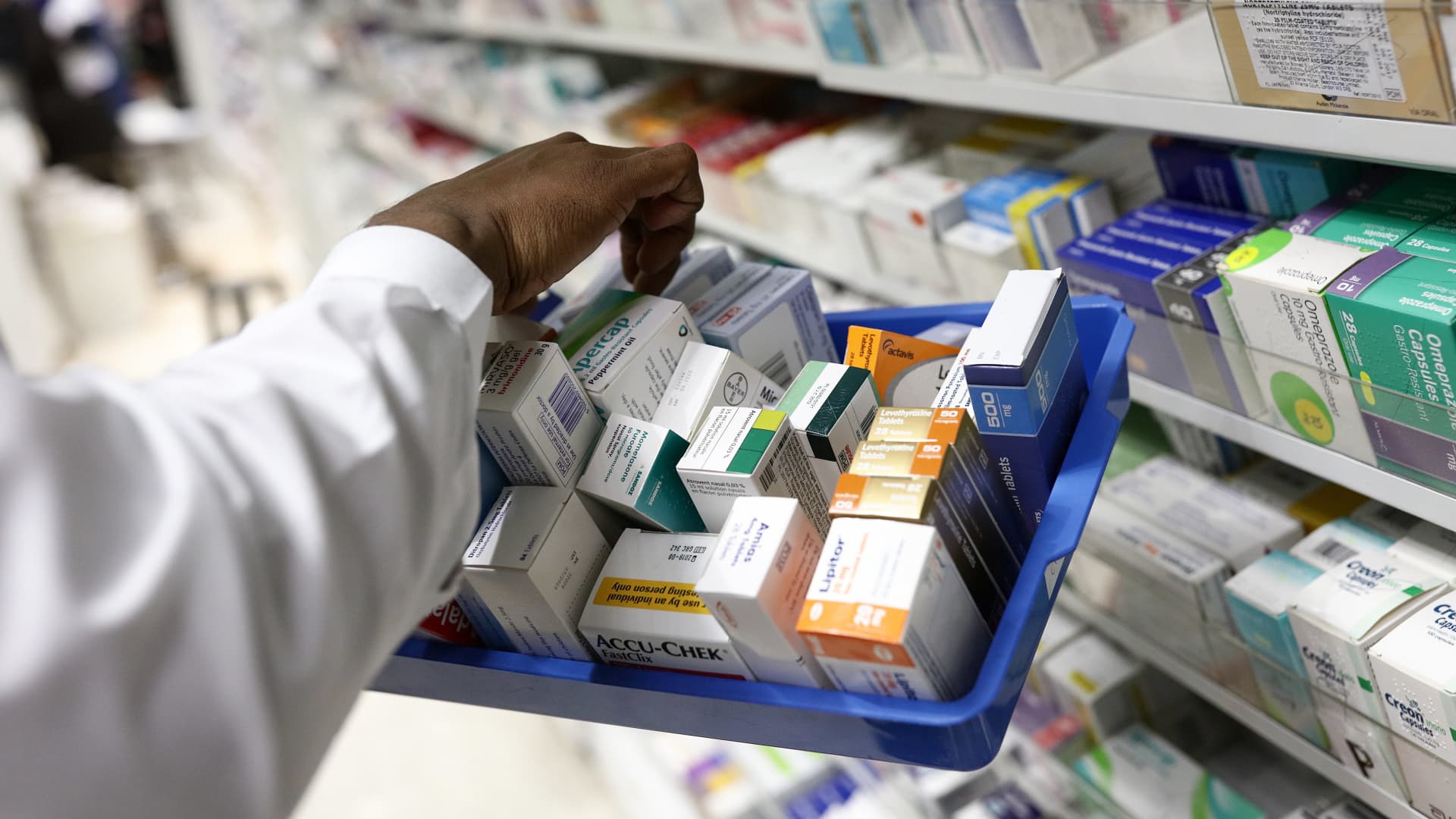The departure of GlaxoSmithKline (GSK) from the Nigerian pharmaceutical market has triggered a sharp surge in the prices of GSK medications, reaching increases as high as 1000%. This notable spike has raised concerns among Nigerians expressing their frustrations on various social media platforms.
Several factors contribute to the escalating prices, including the withdrawal of GSK, a major pharmaceutical player, and the soaring inflation rate in Nigeria. As of October 2023, Nigeria’s inflation rate stood at 27.33%, the highest recorded since August 2005, significantly impacting the costs of various goods and services, including pharmaceutical products.
GSK’s decision to discontinue the direct commercialization of its prescription medicines and vaccines in Nigeria, shifting to a third-party distribution model, was influenced by operational challenges, including difficulties in maintaining a steady supply of drugs and the scarcity of foreign exchange. External factors such as regional insecurity, the removal of fuel subsidies, and the high cost of doing business in Nigeria also contributed to GSK’s strategic realignment.
Consequences on the Nigerian pharmaceutical market are evident, with reports of GSK drug scarcity across the country. Community pharmacies, particularly in Lagos, face challenges in procuring various GSK medicines, leading to decreased availability.
Comparisons of current drug prices (November 2023) with those before GSK’s exit highlight significant disparities, painting a clear picture of the market’s impact. Interviews with community pharmacists reveal concerns about the surge in drug prices, attributing it to foreign exchange rate issues and the departure of companies like GSK. Customers are reportedly opting for cheaper brands, impacting their regular medication use.
Pharmacists emphasize the need for government intervention, particularly addressing the foreign exchange rate and finding ways to entice companies like GSK back into the country. The prevalence of antibiotic use in Nigerian hospitals, estimated at 78.2%, underscores the implications of increased medical expenses for common bacterial infections due to the rising costs of GSK medications.
In the realm of respiratory illnesses, where asthma impacts a significant portion of the population, GSK’s exit is resulting in heightened costs for asthma patients, further exacerbated by economic challenges and medication scarcity. The situation calls for strategic government measures to ensure affordable and accessible healthcare for Nigerians.
The current scenario sheds light on the intricate relationship between global pharmaceutical players, economic factors, and the implications on healthcare affordability in developing nations.


